22nd MathFinance Conference
21 -22 March 2022
Venue:WebEx
Follow us on Twitter
#MathFinanceConference

Testimonials
The MathFinance conference provides an excellent environment to learn about recent developments and networking with leading experts from both industry and academia
Enjoyable atmosphere, lots of networking, expert speakers, way to learn developments in the industry
The conference is a great opportunity to meet interesting people and develop new ideas on recent market trends. Special thanks to the organizers, they did a very good job
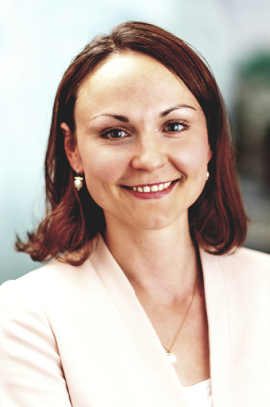
Dr. Blanka Horvath
Lecturer in Financial Mathematics
King’s College London
Clustering Market Regimes using the Wasserstein Distance:
The problem of rapid and automated detection of distinct market regimes is a topic of great interest to financial mathematicians and practitioners alike. In this paper, we outline an unsupervised learning algorithm for clustering financial time-series into a suitable number of temporal segments (market regimes). As a special case of the above, we develop a robust algorithm that automates the process of classifying market regimes. The method is robust in the sense that it does not depend on modelling assumptions of the underlying time series as our experiments with real datasets show. This method — dubbed the Wasserstein k-means algorithm — frames such a problem as one on the space of probability measures with finite pth moment, in terms of the p-Wasserstein distance between (empirical) distributions. We compare our WK-means approach with a more traditional clustering algorithms by studying the so-called maximum mean discrepancy scores between, and within clusters. In both cases it is shown that the WK-means algorithm vastly outperforms all considered competitor approaches. We demonstrate the performance of all approaches both in a controlled environment on synthetic data, and on real data.
Blanka Horvath is a Lecturer in Financial Mathematics at King’s College London as well as a Honorary Lecturer at Imperial College London and a researcher at The Alan Turing Institute, where she is co-lead of the Machine Learning in Finance theme. Blanka holds a PhD in Financial Mathematics from ETH Zurich, a postgraduate Diplom in pure Mathematics from the University of Bonn and an MSc in Economics from the University of Hong Kong. In her latest research she focusses on non-Markovian models of nancial markets such as Rough Volatility models as well as modern DNN- based market generators. Prior to her position at King’s College, Blanka worked at JP Morgan on the re nements of the Deep Hedging programme and the development of generative market simulation models. Her work on DNN-based calibration of Rough Volatility models was awarded the Rising Star Award 2020 of Risk magazine.

Dr. Bastian von Harrach
Professor
Goethe University Frankfurt
Stable Differentiation of Monte Carlo Priced Options with Discontinuous Payoff:
We consider options with discontinuous payoff functions such as barrier options or autocallables. Standard Monte Carlo algorithms work well for pricing such options. But they do not behave stably with respect to differentiation which is essential for greek calculation and parameter calibration. We show how to adapt Monte Carlo algorithms in such a way that the result can be stably differentiated by simple finite differences or pathwise sensitivities.
Bastian Harrach obtained his PhD in mathematics at the Johannes Gutenberg University Mainz in 2006. He was a postdoc at RICAM, Linz and at the JGU Mainz. He held associate professor positions at the Technische Universität München and the University of Würzburg, and a full professor position for optimization and inverse problems at the University of Stuttgart. Since 2015 he is a full professor for numerics of partial differential equations at the Goethe University Frankfurt. Bastian was supported by the German Academic Scholarship Foundation (Studienstiftung) and a general membership at the IMA in Minneapolis. He received a dissertation prize from the JGU Mainz 2007, the MediaV Young Researcher Award 2016, and the Robert Bartnik Visiting Fellowship of the Monash University 2017. He is an editorial board member of Inverse Problems, and Math. Methods Appl. Sci. His main research interest is on inverse problems in partial differential equations.
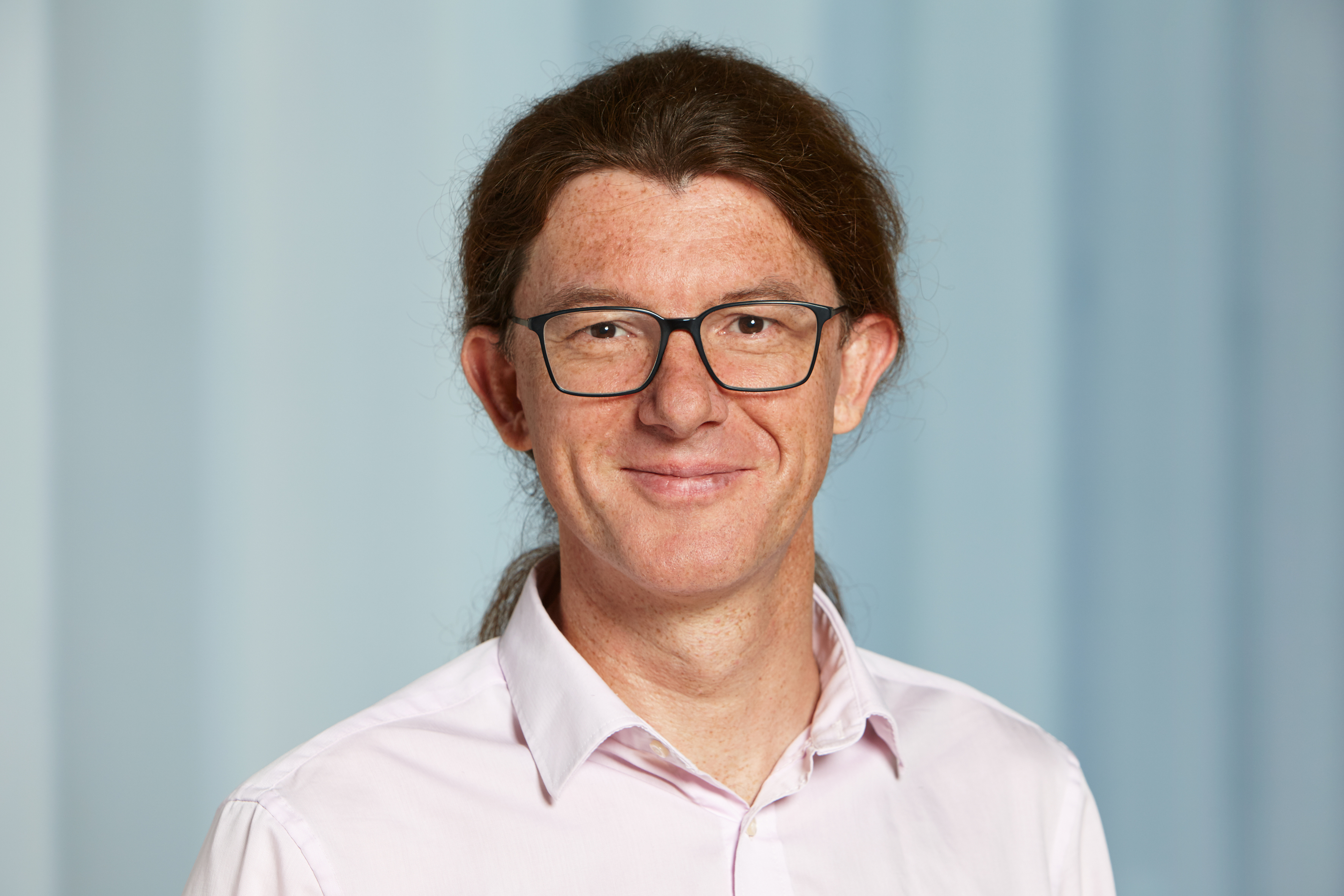
Dr. Josef Teichmann
Professor
ETH Zürich
Model free Deep Hedging:
Learning Problems in Finance are characterized by small amounts of available data from potentially non stationary phenomena. We show in case of Deep Hedging how insights from Bayesian model selection (in the spirit of D\”umbgen-Rogers ‘Estimate nothing’), transfer learning and regularization techniques can be combined to reduce model risk in Deep Hedging procedures.(joint work with Matteo Gambara and Thorsten Schmidt).
Josef Teichmann is Professor for mathematical Finance at ETH Zurich. His recent research focuses on the fascinating interplay between machine learning and rough or stochastic dynamics, as well as on Machine Learning in Finance.
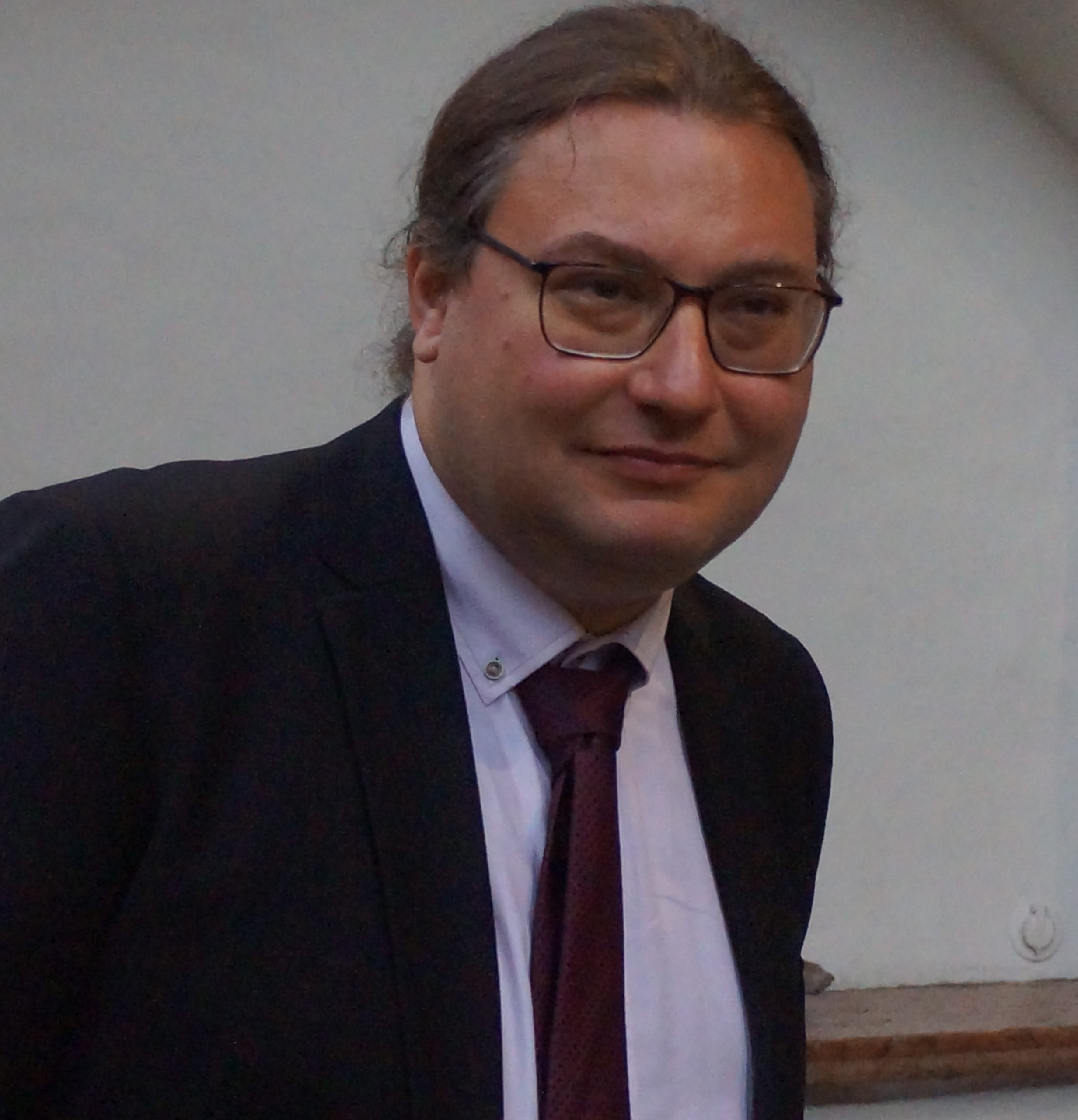
Dr. Christian Bayer
Senior Researcher
Weierstrass Institute Berlin
Simulating rough volatility models:
Rough stochastic volatility models are increasingly popular for modeling the dynamics of equity markets. However, computations are challenging in these models due to the lack of Markov property and the roughness. In particular, simulation methods are rather poorly understood from a numerical perspective, even though they often seem to work fine in practice. In this talk, we discuss Markovian approximations of rough volatility models, and show that these models can be used to analyze known discretization methods, but also serve as basis for the construction of new, efficient numerical algorithms. Based on joint work with Simon Breneis, Eric Hall, and Raul Tempone.
Christian Bayer obtained his PhD at the TU Vienna on numerical methods for stochastic differential equations. He is working as a Senior Researcher at the Weierstrass Institute of Applied Analysis and Stochastics in Berlin. His research interests are in rough volatility, computational finance, stochastic numerics, and stochastic optimal control, and he is active as principal investigator in several research grants related to these topics.
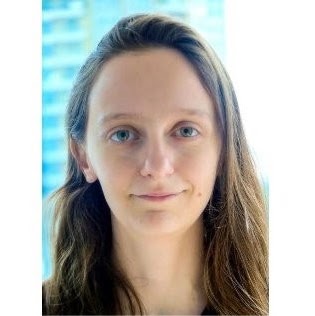
Dr. Caroline Mauron
Co-Founder
OrBit Markets
Exotic Payoffs in the DeFi world:
In this talk, we will explore the different ways in which crypto-native exotic payoffs are growing in the DeFi world. We first look at Automated Market-Makers, a type of DeFi token liquidity pools that generate effective exotic risks for the liquidity providers due to the pricing mechanism. We analyze in particular the pricing of the impermanent loss in the Uniswap v2 and v3 protocols, and show how the DeFi ecosystem has quickly learnt to adjust its pricing based on the risk involved. We then look at the Squeeth, a product recently introduced by Paradigm and Opyn, which combines a pure convex payoff with the features of the extremely popular perpetual futures. We will share numerical results for the sensitivity of the squeeth to the ETH observable smile, as well as the importance of the slightly more obscure “funding period” parameter in the product.
Caroline is a co-founder at OrBit, a provider of crypto exotics and structured products solutions to institutional investors and distribution platforms. Prior to founding OrBit, she was a Managing Director and the co-head of FX for APAC at Deutsche Bank, with responsibility for currencies and precious metals trading and structuring, as well as for building the electronic options platform. She holds a degree in Statistics from ENSAE Paris, and an MSc in Economics and Finance from the London School of Economics.
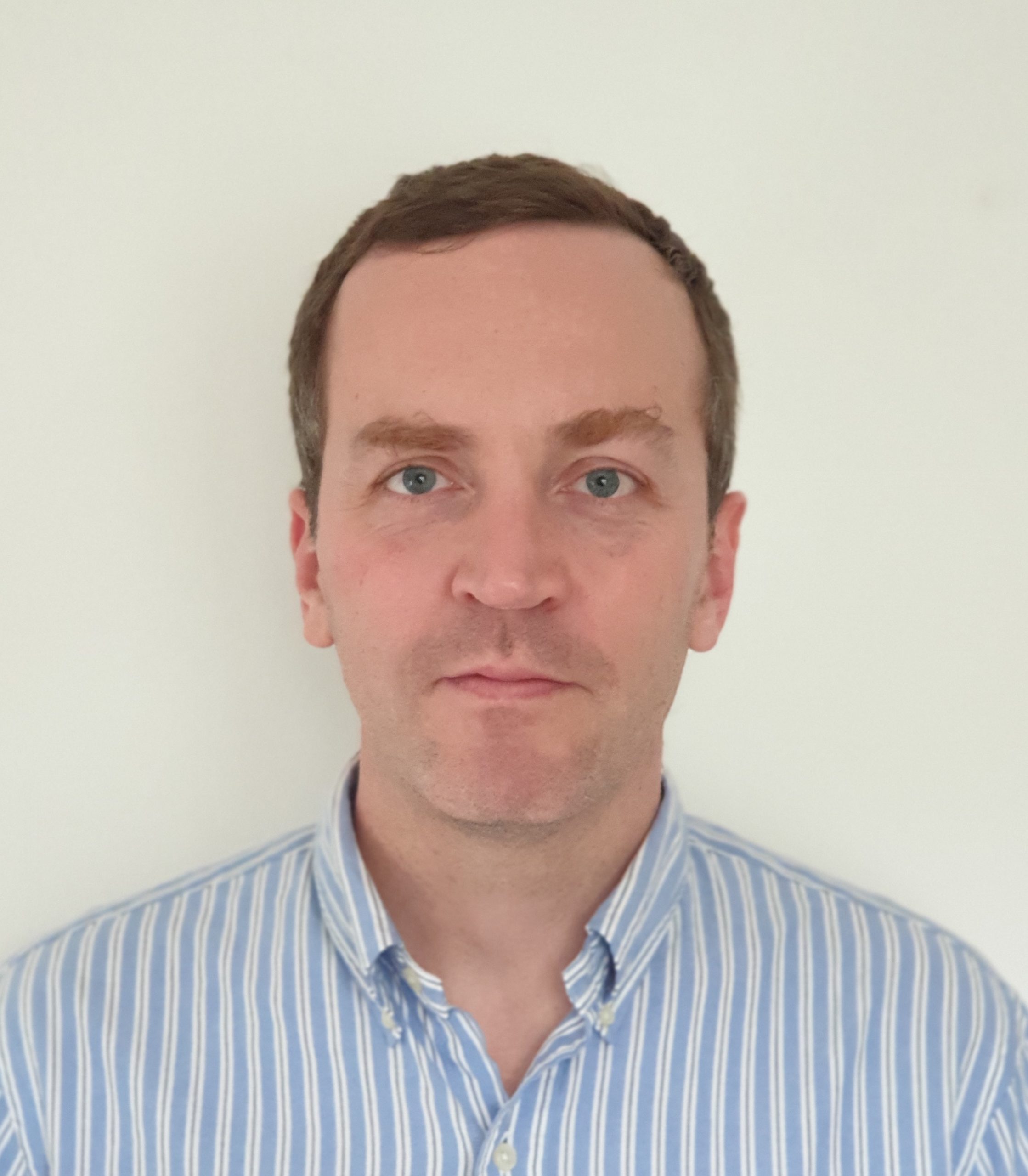
Dr. Peter Tankov
Professor Of Quantitative Finance
ENSAE, Institut Polytechnique de Paris
Asset Pricing under Transition Scenario Uncertainty:
The uncertain impact of environmental transition on the economy and the financial system may be quantified through integrated assessment model scenarios, published by international bodies such as the International Energy Agency or the Network for Greening the Financial System. However, these scenarios are very rarely updated and therefore not suitable for dynamic risk management, pricing and hedging. In this work, we introduce dynamic scenario uncertainty through Bayesian learning, by assuming that the economic agent acquires information about the scenario progressively by observing a signal, such as the carbon price or the CO2 emissions level. The framework is illustrated with two financial engineering applications : valuing an energy asset through the real options approach, and equilibrium pricing of financial assets.
Peter Tankov is professor of quantitative finance at ENSAE, the French National School of Statistics and Economic Administration, now part of Institut Polytechnique de Paris. He earned his doctorate from Ecole Polytechnique in 2004 under the supervision of Rama Cont, and was previously professor at the University of Paris Diderot and lecturer at Ecole Polytechnique. His research focuses on applied probability, quantitative finance, energy finance and green finance. He works on topics related to climate-induced financial risks, electricity markets, energy mix scenarios, forecasting and risk management for the renewable energy industry. He is the author of more than 45 research papers and a reference book on stochastic modeling with jumps.
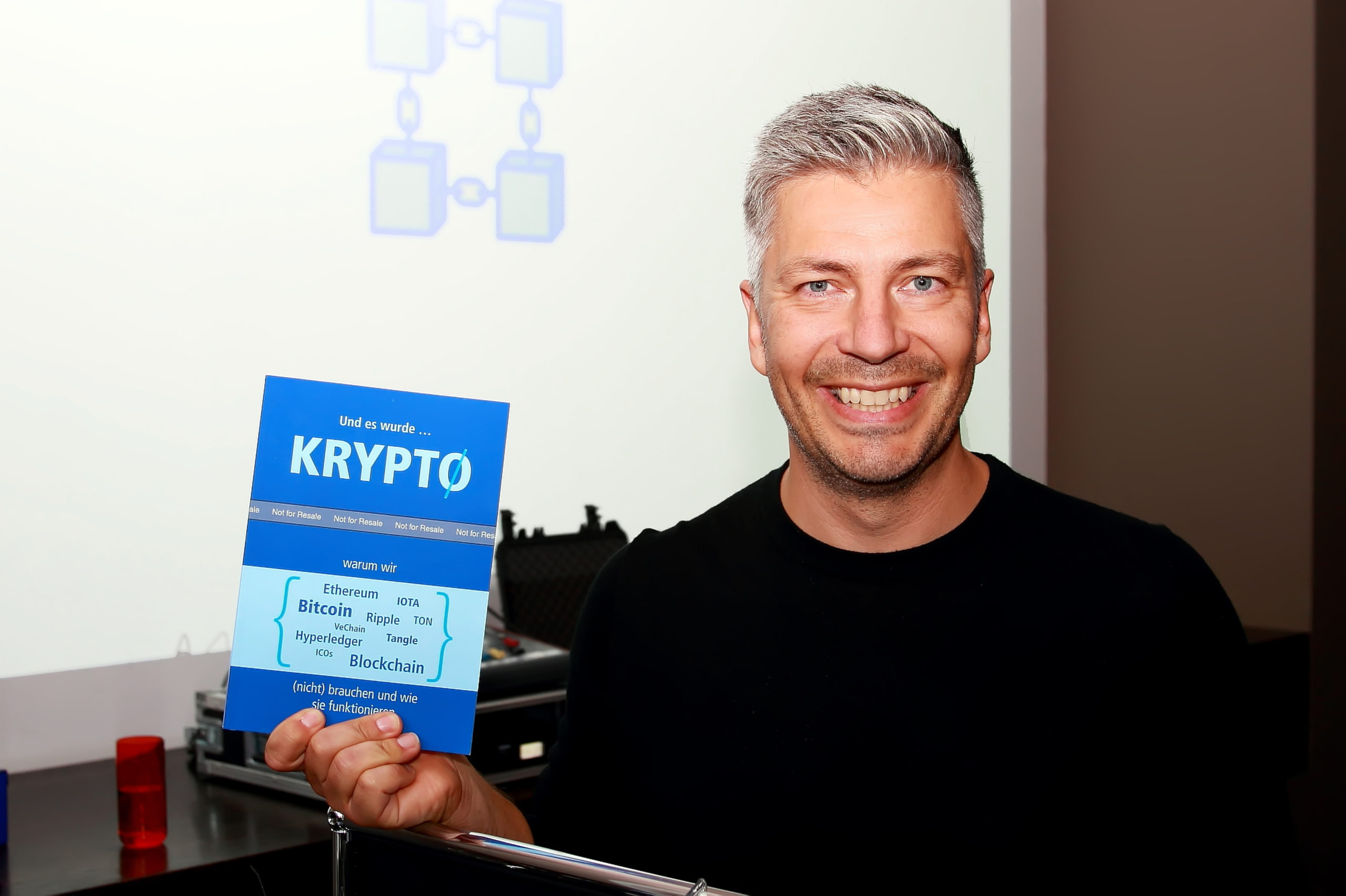
Dr. Torsten Langner
Expert in AI
Y8
Introducing a New Regime Change Indicator for Bitcoin:
Since its first appearance in 2009 Bitcoin became an increasingly mature class of investment with a double-digit volatility on both the long and the short side. Various statistical techniques may help to estimate the next up or down movement of Bitcoin but the randomness of hundreds of different input parameters complicate the problem. In this presentation a single indicator is proposed that signals regime changes of Bitcoin with an attractive risk/reward ratio based on machine learning models. The indicator can be used for both risk management and active investment.
Torsten Langner has a PhD in computer science and has a long history in cryptocurrencies. He’s an expert in AI and once quite offhandedly said to students, “that while machine data can be predicted with a high level of accuracy, the Bitcoin price is impossible to predict. There are too many random emotions”. After this he embarked on a journey to prove his statement wrong. Today a high accuracy rate is recorded on the outset.
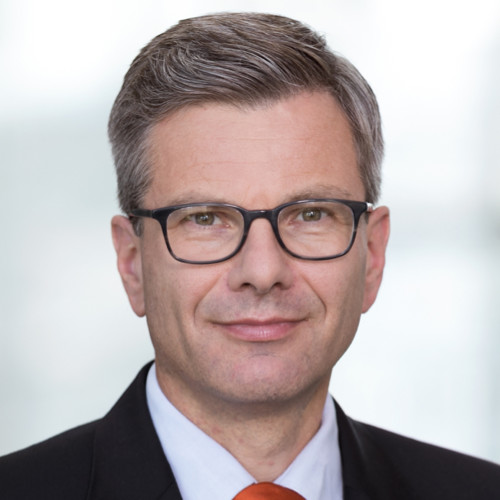
Dr. Wolfgang Eholzer
Chief Technology Officer
Eurex
Options & Futures Trading @ Eurex:
Eurex stands for the leading European derivatives exchange and – with Eurex Clearing – one of the leading central counterparties globally. We are the architects of market liquidity, efficiency and integrity by providing our customers with innovative solutions to seamlessly manage risk. On the trading side, we mastermind the most efficient derivatives landscape by pioneering ingenious products and infrastructures as well as by building ‘smart’ into technology – offering a broad range of international benchmark products, operating the most liquid fixed income markets in the world and featuring open and low-cost electronic access.
This presentation will focus on the technical infrastructure and functionalities of the T7 trading system that enable Eurex members to participate efficiently in option & futures trading at Eurex.
Wolfgang Eholzer, who has more than 20 years of industry experience in Exchange Technology, is CTO of Eurex Frankfurt AG since January 2019. He is also a member of the Management Board of Eurex Deutschland.
As a Board Member, Eholzer is responsible for derivatives trading IT and, in particular, for the IT strategy as well as the development and technical operation of Eurex Frankfurt AGs trading system T7.
In 2007, Eholzer joined Eurex Frankfurt AG heading the Eurex Trading Technology Roadmap which resulted in the delivery of the high speed trading interfaces for order management and market data. In addition, he is responsible for Eurex Frankfurt AG’s performance monitoring and capacity planning as well as for the development and technical operations of T7 trading system.
Before joining Eurex Frankfurt AG in 2007, he worked for Deutsche Börse Group in the IT delivery organization from 1998 to 2007.
From 1995 to 1998 Eholzer spent two and a half years with Cambridge University, U.K., as a research associate at DAMTP (Department of Applied Mathematics and Theoretical Physics) after having received his PhD in Mathematical Physics from Universität of Bonn in 1995.

Dr. Natalie Packham
Professor of Mathematics and Statistics
Berlin School of Economics and Law
Crypto Markets – the good, the bad and the quant’s field lab:
Some crypto derivatives exchanges are very close to a frictionless market: no or low trading fees, high liquidity, low bid-ask spreads, trading of arbitrary quantities. These markets are therefore an interesting playing field for the academic quant seeking to test their trading and risk management strategies.
Natalie Packham is Professor of Mathematics and Statistics at Berlin School of Economics and Law and Principal Researcher within the International Research Training Group “High Dimensional Nonstationary Time Series” (IRTG 1792) at Humboldt University Berlin. Natalie has several years of industry experience as a front office software engineer at an investment bank, and is frequently involved in industry-related research and consulting projects. Her research expertise includes Mathematical Finance, Financial Risk Management and Computational Finance, and her academic work has been published in Mathematical Finance, Finance & Stochastics, Quantitative Finance, Journal of Applied Probability and many other academic journals. She is associate editor of “Methodology and Computing in Applied Probability” and “Digital Finance” and co-chair of the GARP Research Fellowship Advisory Board. Natalie holds an M.Sc. in Computer Science from the University of Bonn, a Master’s degree in Banking & Finance from Frankfurt School, and a Ph.D. in Quantitative Finance from Frankfurt School.
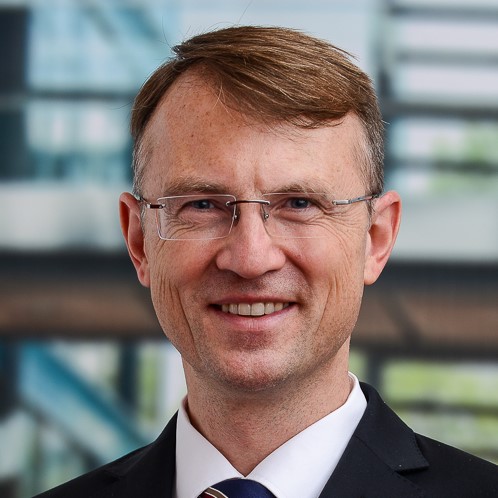
Dr. Stefan Ebenfeld
Director | Risk Advisory
Deloitte
Quantitative Climate Stress Testing:
We discuss the implementation of long-term bottom-up climate stress tests (see ECB SSM ST 2022 Module 3) along the lines of the UNEP FI framework using quantitative models, where we focus on comparing modelling options and their impact on the overall stress testing result.
Stefan Ebenfeld has 20 years of experience as a Quant in the financial industry and 10 years of experience as professor for Mathematical Finance at University of Darmstadt. He is an expert for quantitative modelling and leads the Quantitative Sustainable Finance Team at Deloitte, developing the firm’s proprietary climate stress testing approach.
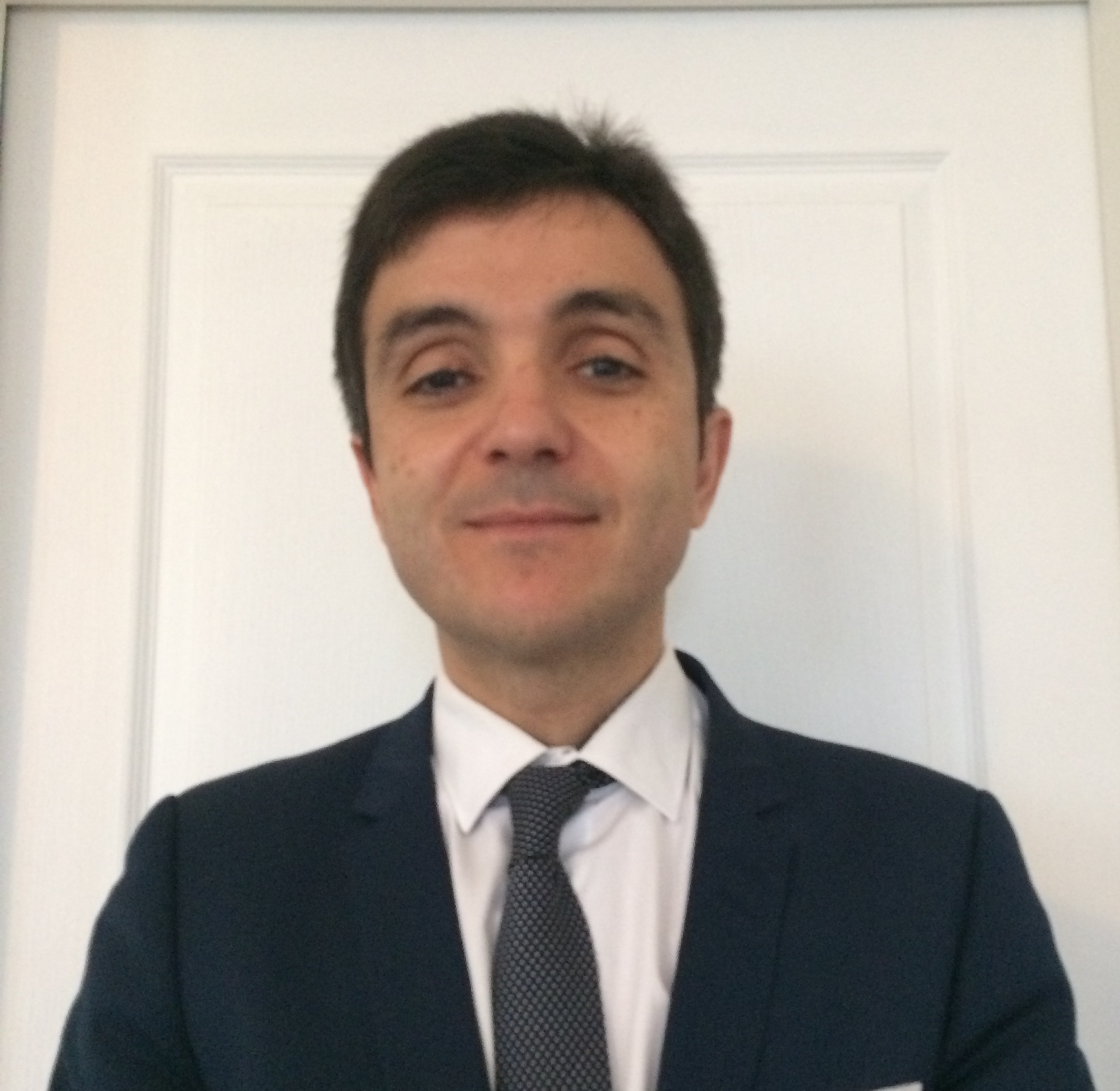
Dr. Adil Reghai
Head, Quant Research Development
Natixis
Local Stochastic Volatility Saga – Episode III:
The Local Stochastic Volatility model is the main model used to take into account the correct pricing and hedging with the volatility dynamic.
We introduce a new methodology that combines Singular perturbation analysis and exotic greek computation. We obtain asymptotic formulae for the LSV impact which work extremely well. Tests are performed on the mostly traded Autocalls in the equity derivatives business.
Adil Reghaï joined Natixis in 2008 where he is Head of Quantitative Research for Equities and Commodities. He graduated from Ecole Polytechnique (X92) and Ecole des Mines (P94), Paris. Adil was Head of Quantitative Research at Merrill Lynch, BNP Paribas and Calyon. He has attended conferences on mathematical finance and has written numerous papers and articles. He also gives conferences on mathematical finance in Nice (SKEMA -France), DEA of El Karoui, INSEAD. He is the author of many scientific publications and several books, the latest being: Financial models in production and Financial markets for the million.

Dr. Antoine Jack Jacquier
Director of the MSc in Mathematics and Finance
Imperial College London
Quantum Computing for Finance:
The goal of this talk is to help bridge the gap between Quantum Computing and Quantitative Finance. Through several simple use cases, in particular classification, (portfolio) optimisation and generating distribution, we shall endeavour to outline the bright future of this tool for our Finance community. We shall not advocate “Quantum Supremacy”, but rather emphasise Quantum Computing as a (relatively new) set of tools that can help solve problems arising in Quantitative Finance.
Antoine Jack Jacquier is a Reader in Mathematics at Imperial College London and the Director of the MSc in Mathematics and Finance there. He holds an MBA from ESSEC Business School and a PhD in Mathematics from Imperial College London. He also consults regularly for banks and financial software companies. His research focuses on volatility modelling, with a special emphasis on rough volatility and applications of asymptotic methods in finance, and recently has been investigating quantum computing techniques for Finance. He has co-edited a book on Asymptotic Methods in Finance and has published about 50 papers in Mathematical Finance and Applied Probability.
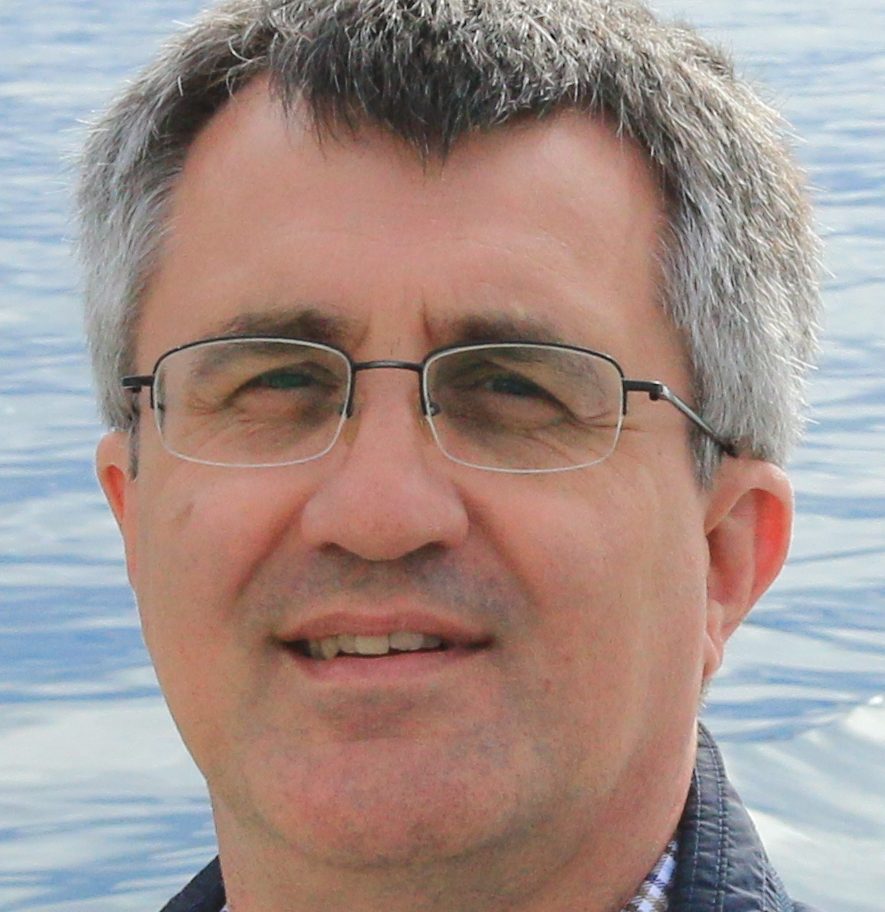
Dr. Karel in’t Hout
Professor
University of Antwerp
Operator splitting schemes for pricing European and American options under two-asset jump-diffusion models:
Under a two-asset jump-diffusion model, the value of a European-style option satisfies a two-dimensional time-dependent partial integro-differential equation (PIDE) and the value of an American-style option satisfies a two-dimensional time-dependent partial integro-differential complementarity problem (PIDCP). We study a variety of recent and novel operator splitting schemes when applied to these problems, with a keen focus on implicit-explicit (IMEX) and alternating direction implicit (ADI) methods. Each of these schemes conveniently treats the nonlocal integral part in an explicit fashion. Through ample numerical experiments we investigate the convergence behaviour of the various splitting schemes and study their relative performance. This is joint work with Lynn Boen.
Karel in ’t Hout is full professor and head of the Department of Mathematics at the University of Antwerp. He obtained his PhD degree in 1992 in mathematics at the University of Leiden and subsequently held research positions at the University of Leiden, the University of Auckland, CWI Amsterdam, Boise State University and Arizona State University. In addition he was quant at ABN Amro Bank in Amsterdam. In 2006 he was appointed at the University of Antwerp. His research area concerns numerical methods for time-dependent partial differential equations (PDEs) arising in finance. He has made many contributions to the numerical and financial mathematics literature on the development, analysis and application of operator splitting methods for effectively solving multidimensional PDEs in financial option valuation. Also, he coordinates, and teaches several courses in, the master program on financial and applied mathematics at the University of Antwerp.
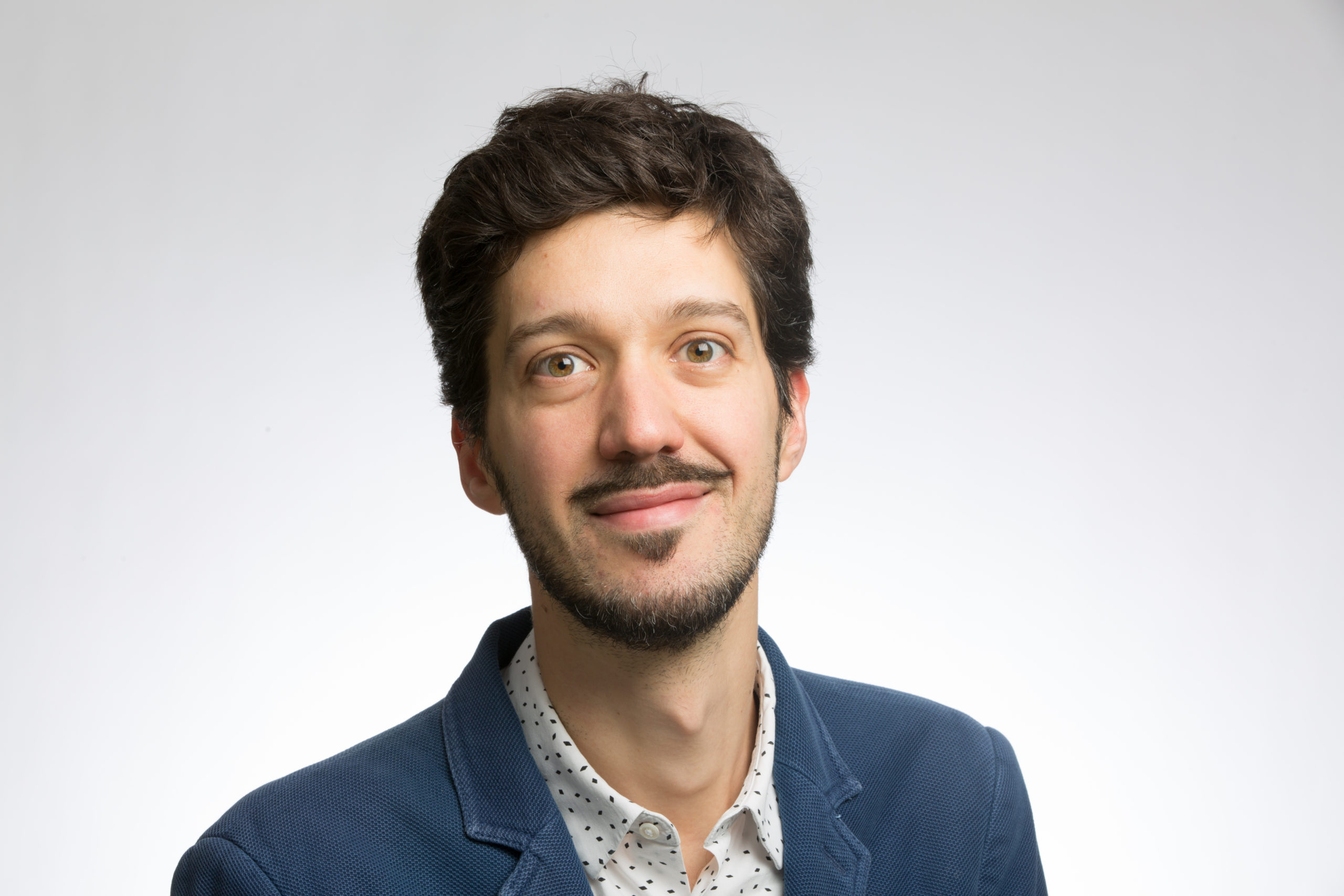
Dr. Stefano De Marco
Associate Professor
Ecole Polytechnique
Local volatility from rough volatility:
Several asymptotic results for the implied volatility generated by a rough volatility model have been obtained in recent years (notably in the small-maturity regime), providing a better understanding of the shapes of the volatility surface induced by such models, and supporting their calibration power to index option data. Rough volatility models also generate a local volatility surface, via the so-called Markovian projection. We complement the existing results on the implied volatility by studying the short-time asymptotic behavior of the local volatility surface generated by a class of rough models, encompassing the rough Bergomi model.
Notably, we observe that the celebrated “1/2 skew rule” linking the short-term at-the-money (ATM) skew of the implied volatility to the short-term ATM skew of the local volatility, a consequence of the celebrated “harmonic mean formula” of [Berestycki, Busca, and Florent, QF 2002], is replaced by a new rule: the ratio of the implied volatility and local volatility ATM skews tends to the constant $1/(H + 3/2)$ (as opposed to he constant 1/2), where H is the regularity index of the underlying instantaneous volatility process. Joint work with Florian Bourgey (Bloomberg LP), Peter Friz (TU Berlin and WIAS), and Paolo Pigato (Roma Tor Vergata).
Stefano De Marco is Associate Professor in Probability and Mathematical Finance at Ecole Polytechnique, Paris. He owns a PhD in applied mathematics from Scuola Normale Superiore di Pisa and Université Paris-Est. He is a member of the steering committee of the Chaire Stress Test, a joint research project between Ecole Polytechnique and BNP Paribas, and he is a research memebr of the Chaire Risques Financiers, a joint research project between Ecole Polytechnique and Société Générale. His research focuses on risk management problems for options, volatility modeling and Monte Carlo methods.
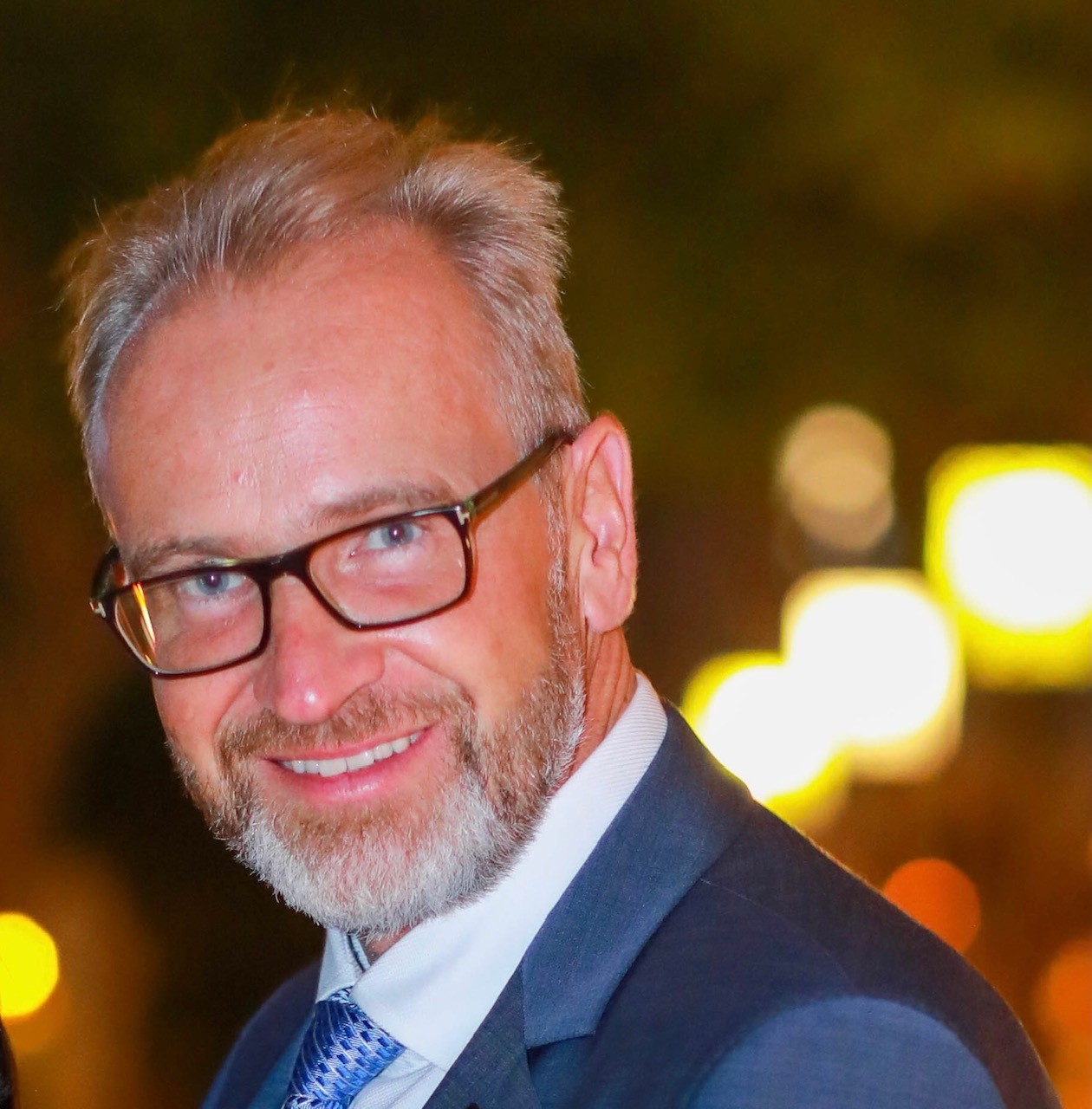
Dr. Uwe Wystup
Managing Director
MathFinance AG
Uncle Herbert’s Savings Plan with Bonus and the Legal Aftermath
Bonus savings plans in Germany go back to the 1990, and many retail investors own legacy contracts that entitle them to a base interest plus a 50% bonus on the amount saved every year. Banks try to cancel these contracts, consumers and courts argue about the interest reference rate and how to apply it. We shed some light on the interest rates and the legal framework.
Uwe Wystup is managing director of MathFinance AG, Professor of Financial Option Price Modeling and Foreign Exchange Derivatives at University of Antwerp and Honorary Professor of Quantitative Finance at Frankfurt School of Finance & Management, certified expert for interest rate and currency risk management at Frankfurt’s Chamber of Commerce, honorary judge at Frankfurt Commercial Court and the State Financial Court. Before, he has actively worked in FX derivatives trading as Financial Engineer, Global Structured Risk Manager and Advisor since 1992, including Citibank, UBS, Sal. Oppenheim and Commerzbank. He is one of the few hybrids in the world working in the intersection of the derivates market and academic research. Uwe earned his PhD in mathematical finance from Carnegie Mellon University, is currently He acts internationally as expert witness and mediator in financial disputes. In his consulting work he has advised many leading banks and companies in the world including DBS, OCBC, Deka, GPS, Moneycorp, ICY Software, Murex, SuperDerivatives, Refinitiv, Pictet, La Caixa, DWS, Union Investment, NordLB, LBBW, AXA, Natixis, Reserve Bank of India and many others.
His first book Foreign Exchange Risk was published in 2002, quickly became the market standard and has also been translated into Mandarin. His second book FX and Structured Products appeared in 2006, followed by a second edition in 2017. Many of his papers appeared in scientific journals. See https://mtf-old.ansichtssache.de/publications/ for publications.

Bill Bierds
President
BCC Group
Market Data in the Cloud:
Market Data is moving to the cloud. This presentation tells about the journey and the achievements so far. We will also focus on the main problems and obstacles when moving applications and Market Data consumption to the cloud. As a result of our experience we have motivated and sponsored the MDC community with all important data and cloud providers, customers and technology providers are today part of.
Bill Bierds has 30 years of Financial services experience earned at Citigroup and IBM.
He is now the President of BCC Group and is leading the go to market efforts around Market Data in the Cloud.
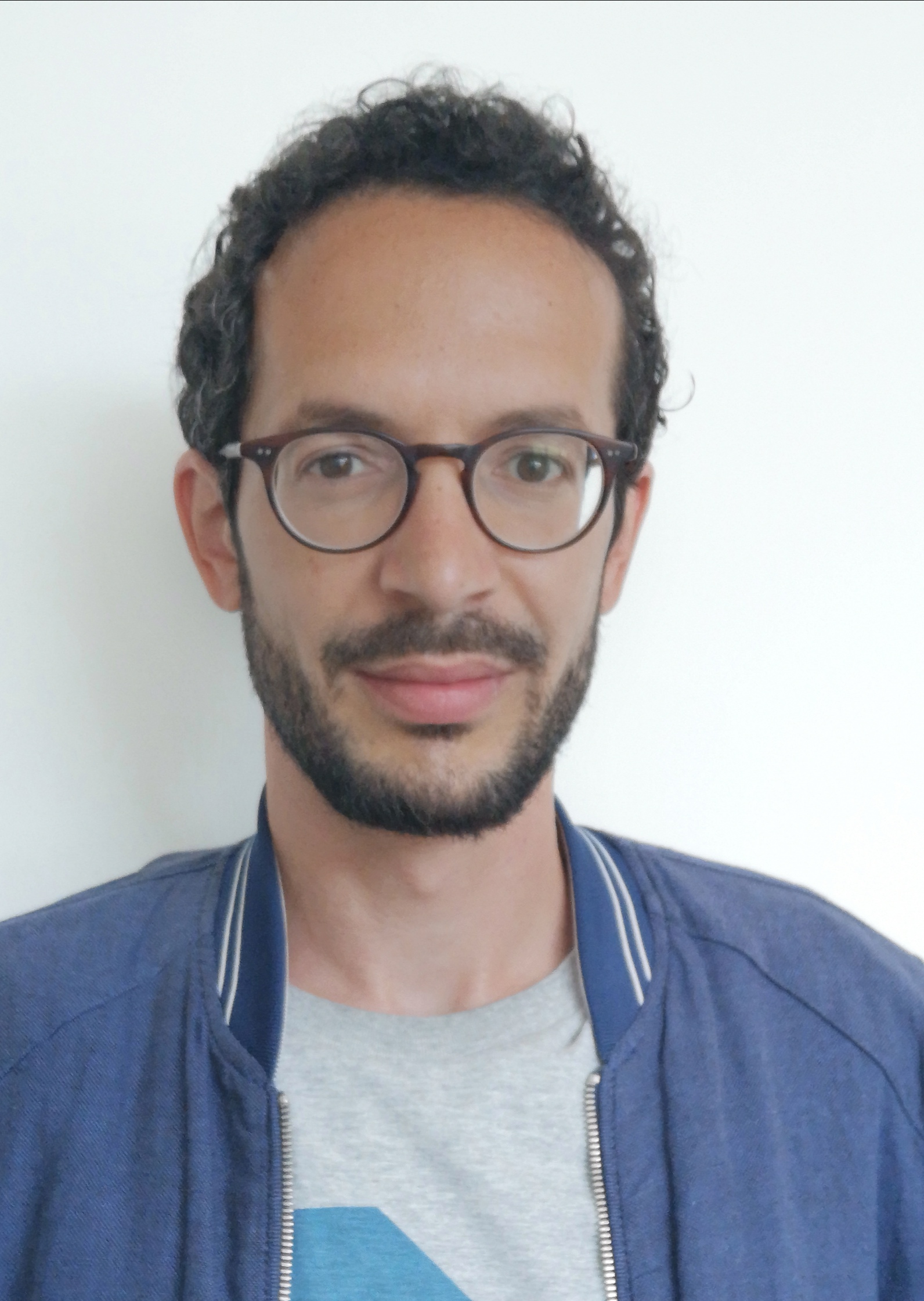
Mathieu Rosenbaum
Professor
Ecole Polytechnique
AHEAD : Ad-Hoc Electronic Auction Design:
We introduce a new matching design for financial transactions in an electronic market. In this mechanism, called ad-hoc electronic auction design (AHEAD), market participants can trade between themselves at a fixed price and trigger an auction when they are no longer satisfied with this fixed price. In this context, we prove that a Nash equilibrium is obtained between market participants. Furthermore, we are able to assess quantitatively the relevance of ad-hoc auctions and to compare them with periodic auctions and continuous limit order books. We show that from the investors’ viewpoint, the microstructure of the asset is usually significantly improved when using AHEAD. This is joint work with Joffrey Derchu, Philippe Guillot and Thibaut Mastrolia.
Mathieu Rosenbaum is a full professor at École Polytechnique, where he holds the chair “Analytics and Models for Regulation”and is co-head of the quantitative finance (El Karoui) master program. His research mainly focuses on statistical finance problems, regulatory issues and risk management of derivatives. He published more than 65 articles on these subjects in the best international journals.
He is notably one of the most renowned experts on the quantitative analysis of market microstructure and high frequency trading. On this topic, he co-organizes every two years in Paris the conference “Market Microstructure, Confronting Many Viewpoints”. He is also at the origin (with Jim Gatheral and Thibault Jaisson) of the development of rough volatility models. Mathieu Rosenbaum has collaborations with various financial institutions (investment banks, hedge funds, regulators, exchanges…), notably BNP-Paribas since 2004. He also has several editorial activities as he is one of the editors in chief of the journal “Market Microstructure and Liquidity“ and is associate editor for 10 other journals. He received the Europlace Award for Best Young Researcher in Finance in 2014, the European Research Council Grant in 2016, the Louis Bachelier prize in 2020 and the Quant of the Year award in 2021.

Thorsen Schmidt
Senior Financial Engineer
MathFinance
Term Structure Modelling With Overnight Rates Beyond Stochastic Continuity:
In the current reform of interest rate benchmarks, a central role is played by risk-free rates (RFRs), such as SOFR (secured overnight financing rate) in the US. A key feature of RFRs is the presence of jumps and spikes at periodic time intervals as a result of regulatory and liquidity constraints. This corresponds to stochastic discontinuities (i.e., jumps occurring at predetermined dates) in the dynamics of RFRs. In this work, we propose a general modeling framework where RFRs and term rates can have stochastic discontinuities and characterize absence of arbitrage in an extended HJM setup. When the term rate is generated by the RFR itself, we show that it solves a BSDE, whose driver is determined by the HJM drift restrictions. In general, this BSDE may admit multiple solutions and we provide sufficient conditions ensuring uniqueness. We develop a tractable specification driven by affine semimartingales, also extending the classical short rate approach to the case of stochastic discontinuities. In this context, we show that a simple specification allows to capture stylized facts of the jump behavior of overnight rates. In a Gaussian setting, we provide explicit valuation formulas for bonds and caplets. Finally, we study hedging in the sense of local risk-minimization when the underlying term structures have stochastic discontinuities.
Keywords: Libor reform, alternative risk-free rate, SOFR, SONIA, €STR, affine processes, semimartingales, stochastic discontinuities, BSDE, local risk-minimization
This is joint work with Claudio Fontana and Zorana Grbac
Thorsten Schmidt is Professor for Mathematical Stochastics at University Freiburg (successor of Ernst Eberlein) and Senior Financial Engineer at MathFinance. From 2017-2019 he was fellow of the Freiburg institute of Advanced Studies (FRIAS). Prior to this he was professor for Mathematical Finance at Chemnitz University of Technology since 2008, held a replacement Professorship from Technical University Munich in 2008 and was Associate Professor at University of Leipzig from 2004 on.
Moreover, he was guest professor at ETH Zurich and at Université d’Evry. His Ph.D. he obtained from University in Giessen in 2003 on credit. He is Associate Editor for Mathematical Finance, International Journal of Theoretical and Applied Finance and was Associate Editor for Journal of Banking and Finance and Statistical and Probability Letters. He is an elected member of the International Statistical Institute and was member of the Board of Fachgruppe Stochastik of the German Mathematical Society.
He has published numerous articles in Mathematical Finance and Probability in internationally leading journals and is frequently presenting on conferences around the world on his latest research. In particular, he is a well-known scientist in the area of affine models, interest rates, credit risk, incomplete information, risk management, filtering, and insurance mathematics. He has a strong background in statistics and information technology and teaches probability, mathematical finance and machine learning at the university of Freiburg.
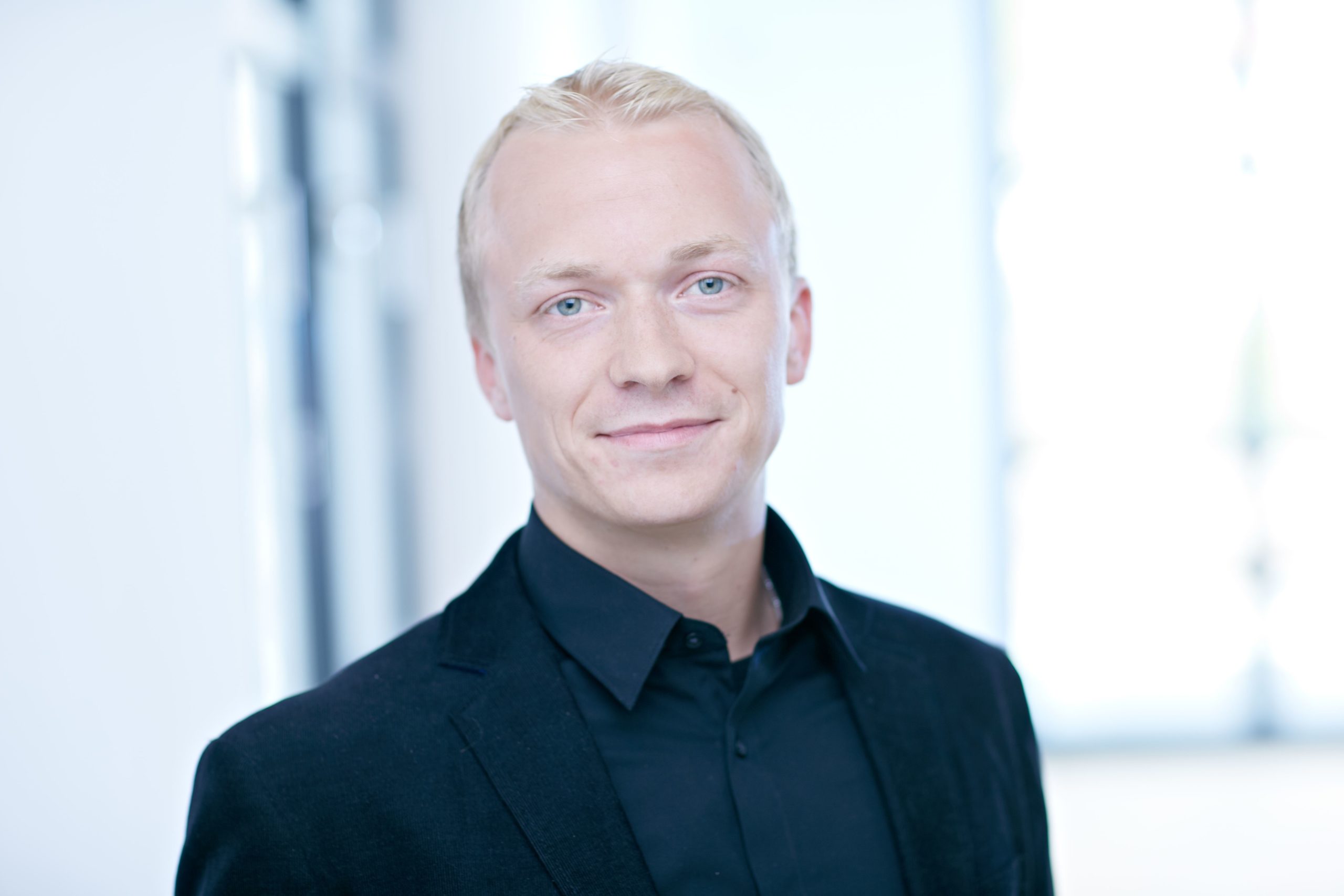
Jan Köpper
Head of Department
GLS Bank
Panal Discussion on Climate Finance
Jan Köpper is heading the department on impact transparncy & sustainability at GLS Bank Germany. In his role Jan is responsible for the conceptualization, coordination and implementation of societal impact measurement and management, the analysis and translation of sustainability risks, the sustainability assessments in corporate loan transactions as well as the integration of sustainability related processes in internal sustainability and bank management in the GLS Group. Following posts at the business network CSR Europe in Brussels and the sustainability rating agency imug in Hanover he joined GLS Bank in April 2018 to start is current position.
Jan Köpper is founding director of the Peer School for Sustainable Development e.V. and chairman of Cluster e.V.. He has published numerous articles and media contributions. He also looks after the memberships of the GLS in the Forum for Sustainable Investments (FNG), B.A.U.M. e.V. and the United Nations Principles for Responsible Banking (UNPRB).

Alex Pannier
Professor
Imperial College
Rough multi-factor volatility models for SPX and VIX options
After a short review of VIX and rough volatility models, we provide explicit small-time formulae for the at-the-money implied volatility, skew and curvature in a large class of models. Our general setup encompasses both European options on a stock and VIX options, thereby providing new insights on their joint calibration. This framework also allows to consider rough volatility models and their multi-factor versions; in particular we develop a detailed analysis of the two-factor rough Bergomi model. The tools used are essentially based on Malliavin calculus for Gaussian processes. This is a joint work with A. Jacquier and A. Muguruza.
Alex is a Research Associate in Mathematics at Imperial College London, where he completed his PhD in 2021 under the supervision of Antoine Jacquier. His research interests lie at the intersection of stochastic analysis and mathematical finance, with a particular emphasis on rough volatility models and their applications to option pricing.
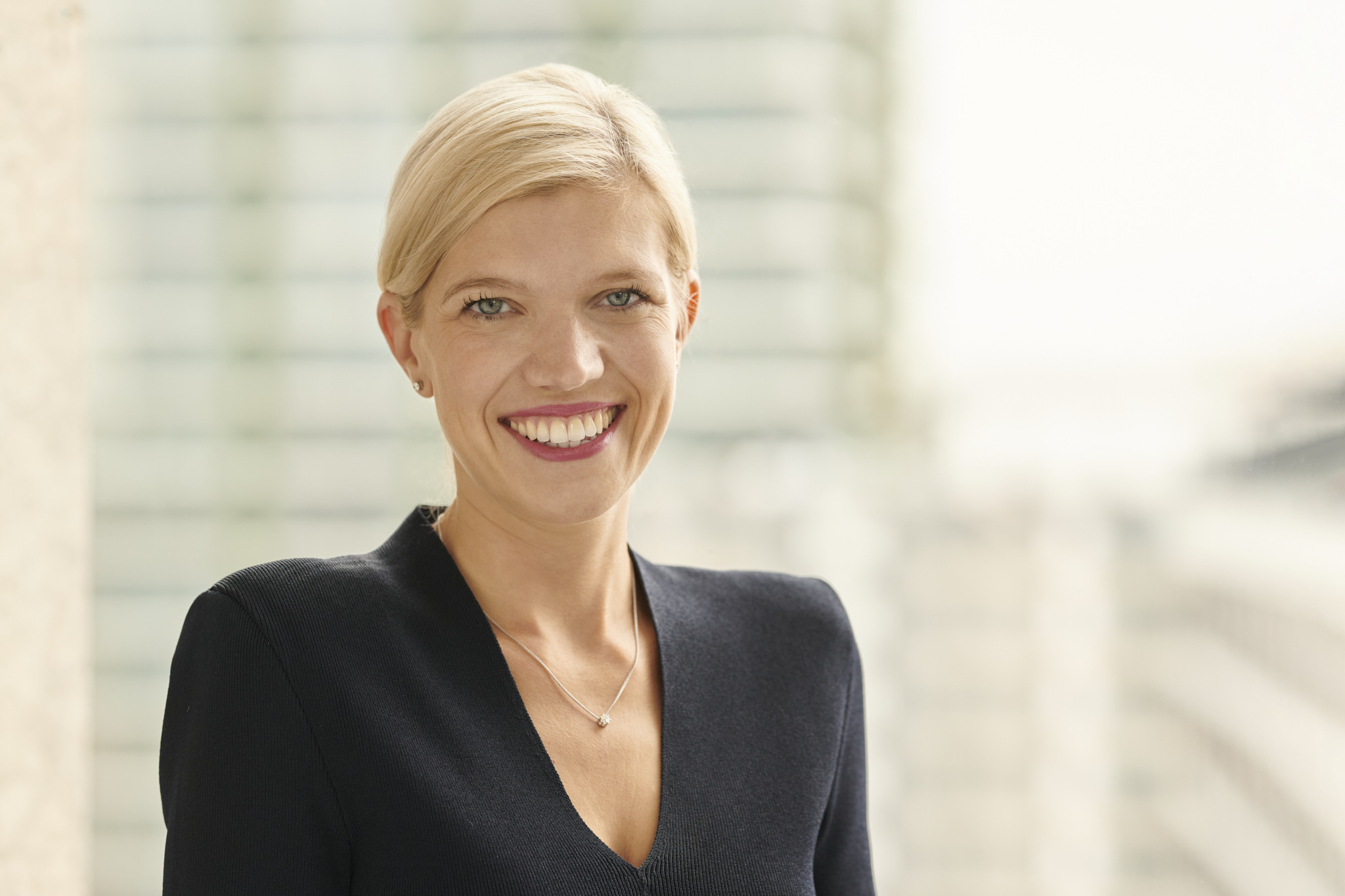
Eva Meyer
Head of Company Engagement
BNP Paribas
Panal Discussion on Climate Finance
Eva Meyer is the Head of Company Engagement at BNP Paribas Group in Germany since January 1, 2021. In this role, she is also part of the group’s Management Board. Company Engagement bundles sustainable business, CSR and the group’s foundation activities. Eva Meyer joined BNP Paribas Corporate and Institutional Banking (CIB) from Commerzbank AG in 2014 and was most recently responsible as Senior Relationship Manager for corporate customers at the Frankfurt Business Center. Eva Meyer holds a degree in Business Administration and a Masters in Finance & Accounting from the FOM University of Economics & Management.
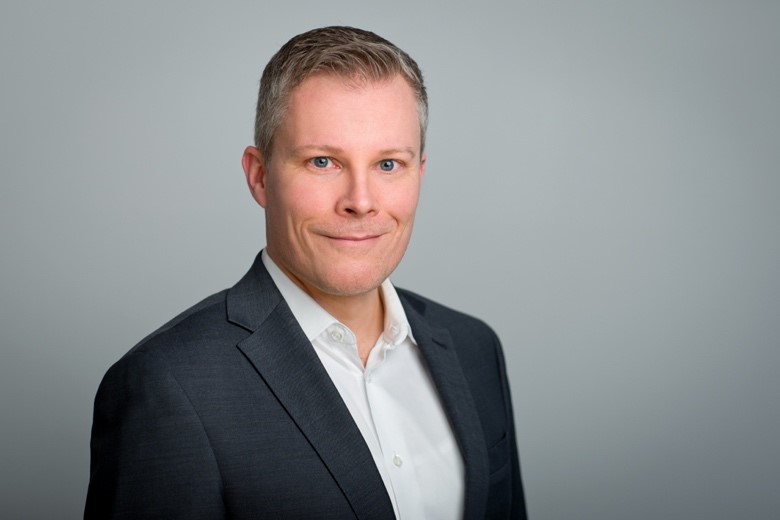
Martin Simon
Professor
Frankfurt University of Applied Sciences
Panal Discussion on Climate Finance
Martin Simon is a professor in the field of Data Science at Frankfurt University of Applied Sciences, a Docent in Computational Finance at Lappeenranta-Lahti University of Technology and a Senior Financial Engineer at MathFinance. He has years of experience working in the financial industry primarily specializing in risk management, derivatives valuation and asset management. He aims to bridge the gap between promising ideas and technologies developed in academia and industrial applications. His current research focuses on the development of novel tools for quantitative financial climate risk management.
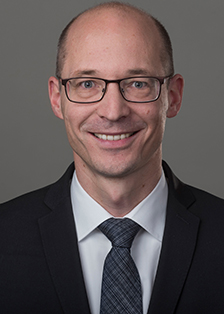
Stefan Bohlius
Senior Manager
d-fine
Panal Discussion on Climate Finance
Stefan Bohlius is Senior Manager at d-fine and has more than 13 years of experience in market risk modelling and risk management. He supported banks in developing and optimizing pillar 1 and pillar 2 market risk models and has a long-standing experience in market risk specific, bank-wide, and regulatory stress tests. Stefan Bohlius addresses the consideration of ESG aspects in risk management and stress testing and currently supports banks in ESG risk assessments and the ECB climate stress test.

Hannah Helmke
CEO
Right
Panal Discussion on Climate Finance
Hannah Helmke is co-founder and CEO of right. based on science, a provider of climate metrics and software. Her focus on economic activity in a world affected by climate change was the result of combining both her academic disciplines: Psychology and International Business. Hannah follows her strong conviction that a science-based approach is the best way to manage the emotionally charged field of corporate climate strategy. Before founding right., she worked for the IT service provider BridgingIT and Deutsche Post DHL Group. There, she explored the potentials of digitization for reaching sustainability targets and worked on introducing science-based targets as reporting instruments.
Under her leadership, right. based on science received the prestigious Next Economy Award 2020. She herself was awarded the Digital Female Leader Award 2020 in the category ‘Sustainability’ as well as the ‘Female Founders Award’ of AmCham Germany in 2021.
